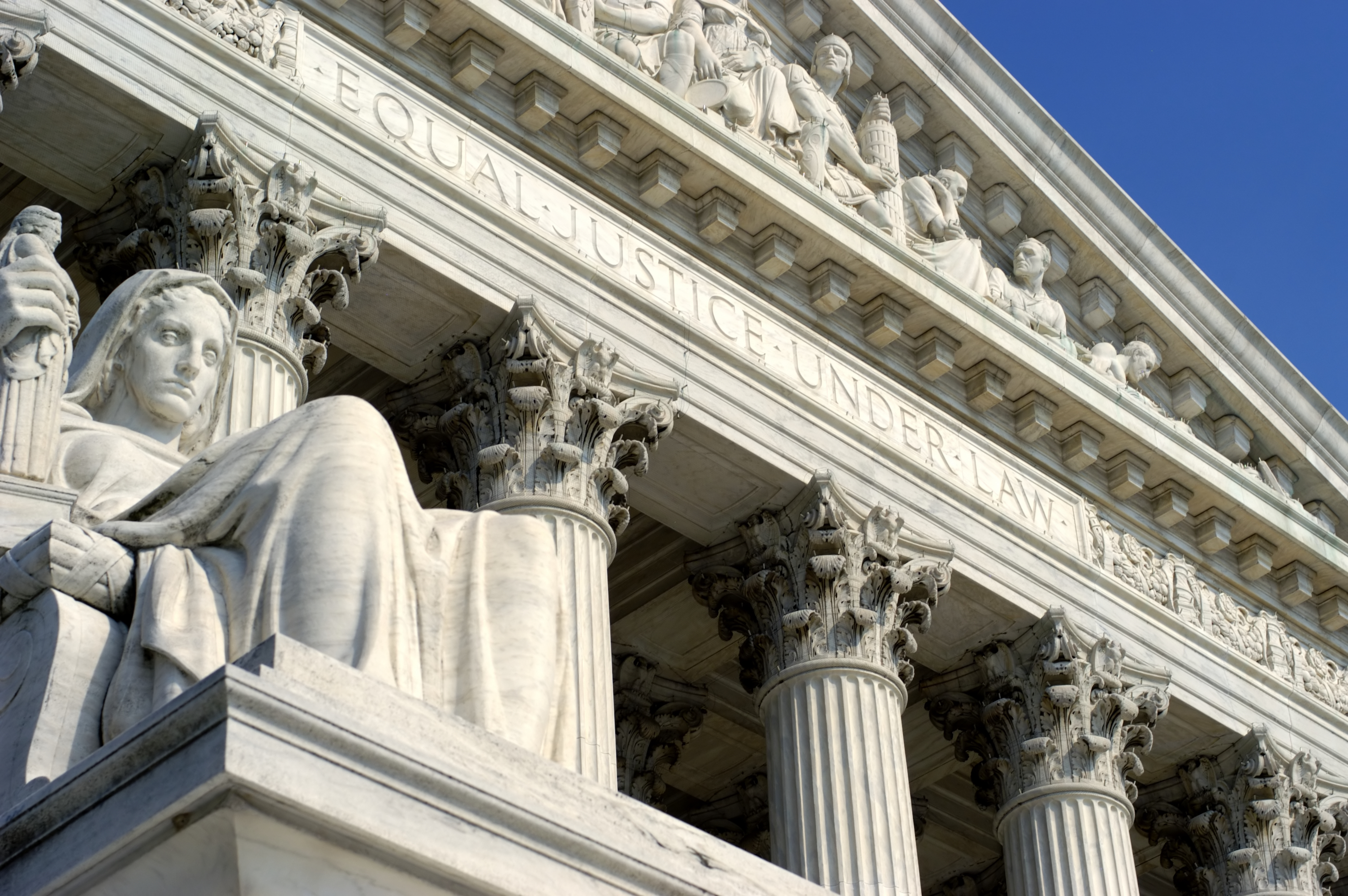BREAKING: Travel Ban Partially Reinstated

The travel ban affecting folks traveling from countries in the Middle East appears to be back, at least in part. The Supreme Court agreed to review the case. In doing so, they partially allowed the ban to move forward.
The New York Times is reporting that people with ties to the United States may not be barred using these methods:
Mr. Trump’s revised executive order, issued in March, limited travel from six mostly Muslim countries for 90 days and suspended the nation’s refugee program for 120 days. The time was needed, the order said, to address gaps in the government’s screening and vetting procedures.
Two federal appeals courts have blocked critical parts of the order.
The administration had asked that the lower court ruling be stayed while the case moved forward. The court granted part of that request in its unsigned opinion.
The justices, in effect, said that foreigners with ties or relationships in the United States would not be prohibited from entering the country. But, those applying for visas who had never been here, or had no family, business or other ties could be prohibited.
Lots Of Questions
A paragraph of language from the order appears poised to cause some serious confusion:
“We grant the government’s applications to stay the injunctions, to the extent the injunctions prevent enforcement of” Mr. Trump’s executive order, the ruling said, “with respect to foreign nationals who lack any bona fide relationship with a person or entity in the United States.”
- What’s a bona fide relationship?
- Who determines what a bona fide relationship is?
- Surely, having a family member in the US would meet this threshold?
- What if you’re coming to the US to conduct business with someone who is a US citizen?
Apparently, some of the justices agree with me in theory, though maybe not in practice. In dissent, Justices Thomas, Alito and Gorsuch call out the complications the government may have administering a partial travel ban. Their preferred course of action would be to institute the full travel ban.
The Final Two Pennies
We’re going to have a lot of time to discuss this. The highest court in the US won’t hear arguments until October. We have no idea how long they will deliberate before handing down a decision. Until then, I expect quite a bit of indecision. Confusion is likely to rear its head, especially since some government officials took it upon themselves to interpret the travel ban how they saw fit when it first rolled out. I anticipate the same here. Lawyers will unlikely get involved in many cases. Some will be justified complaints, others may not. Until there’s a Supreme Court decision, lower courts will likely deal with a variety of appeals and concerns from citizens both in the US and abroad.
The post BREAKING: Travel Ban Partially Reinstated was published first on Pizza in Motion

Opponents of the temporary travel ban have centered around the “constitutionality” of banning non-US citizens from entering the US. Non-US citizens residing outside the US do not have any rights that are protected by the US Constitution while they are outside the US. That’s why its called US Constitution and not the world constitution. The US Supreme Court must y uphold these self-evident facts.
RJB, I haven’t really thought about where a green card holder sits on this spectrum. But, I do see edge cases the court will have trouble with over the next 6 months (my reasonable-ish, blind guess as to when they rule)
Green card holders are lawful permanent residents. They have they have standing to be in the US. Ordinary people outside the US (non US citizens, non-green card holders) have no standing. Visas are revokable. Having friends or relatives in the US or people who just want to visit have no standing under the US Constitution. They cannot rely on the due process or equal protection clauses of the US Constitution. What types of edge cases do you envision?
My understanding is that some green card holders were held out when the travel ban was briefly in place. I could see something like that, where the person should be allowed to enter but is barred by someone making a decision in an office somewhere.